In the world of construction and civil engineering, aggregates are the unsung heroes, providing strength, stability, and durability to concrete and asphalt. But not all aggregates are created equal. To ensure their reliability, professionals rely on a range of aggregate testing machines to evaluate quality, performance, and suitability for specific construction applications.
Whether you’re building roads, bridges, or skyscrapers, choosing the right aggregate testing equipment is essential for maintaining safety standards and project success. In this blog, we’ll explore what aggregate testing machines are, why they matter, and how to choose the right one.
What Are Aggregate Testing Machines?
Aggregate testing machines are laboratory devices used to assess the mechanical properties of coarse and fine aggregates used in construction materials. These machines help determine whether aggregates meet the necessary strength, size, shape, durability, and hardness standards.
From crushing value to impact resistance, these tests provide data that guides construction decisions, ensures quality control, and complies with IS/ASTM standards.
Why Aggregate Testing is Essential in Construction
Aggregates constitute up to 70% of concrete volume, making their quality crucial. Poor-quality aggregates can lead to:
- Reduced structural strength
- Cracks and deformation
- Reduced durability
- Increased maintenance costs
- Safety hazards
Regular testing using the appropriate equipment ensures compliance with standards, optimal performance, and long-term structural integrity.
Types of Aggregate Testing Machines
Here are the most commonly used machines in aggregate testing:
1. Aggregate Crushing Value (ACV) Apparatus
- Measures the resistance of aggregate to crushing under a gradually applied load.
- Indicates the strength and hardness of aggregates.
2. Aggregate Impact Value (AIV) Tester
- Assesses the toughness of aggregates under sudden impact.
- Critical for road construction materials.
3. Los Angeles Abrasion Testing Machine
- Evaluates the abrasion resistance of aggregates by subjecting them to rolling and impact inside a rotating drum with steel balls.
4. Flakiness & Elongation Index Gauges
- Determine the shape characteristics of aggregates.
- Ensures uniformity and compatibility in concrete mixes.
5. Sieve Shaker & Sieves
- Separates aggregates into different size fractions.
- Essential for grading and mix design.
6. Specific Gravity & Water Absorption Apparatus
- Determines the density and porosity of aggregates.
- Impacts workability and water-cement ratio in concrete.
7. Deval and Dorry Abrasion Testing Machines
- Specialized for assessing abrasion and attrition of aggregates in wear conditions.
Applications of Aggregate Testing Machines
- Road and Highway Engineering
- Bridge and Dam Construction
- Residential and Commercial Buildings
- Asphalt and Concrete Mix Plants
- Soil and Material Testing Laboratories
- Quality Control in Cement and Concrete Plants
Benefits of Using Certified Aggregate Testing Equipment
- Accurate Results: Critical for informed decisions on material selection
- Time Efficiency: Faster testing improves construction schedules
- Compliance: Meets national and international standards (IS, ASTM, BS, etc.)
- Cost Saving: Prevents use of substandard material, reducing future repair costs
- Project Safety: Helps ensure long-term durability and safety
How to Choose the Right Aggregate Testing Machine
When investing in aggregate testing equipment, consider the following:
1. Standards Compliance
Ensure the machine is compliant with IS, ASTM, or other required norms.
2. Build Quality
Opt for machines made from robust materials that ensure durability under repeated use.
3. Accuracy & Calibration
Look for precision calibration and a reliable sensor system for accurate results.
4. Ease of Operation
User-friendly interfaces, digital readouts, and automated testing options reduce labor.
5. After-Sales Support
Check if the manufacturer offers installation, training, AMC (Annual Maintenance Contracts), and spare parts.
6. Test Range and Versatility
Choose machines that support multiple aggregate sizes and types.
Sustainability & Innovation in Aggregate Testing
Modern manufacturers are pushing innovation with:
- Digital testing systems with data logging
- Portable aggregate testing kits for field applications
- Energy-efficient motors and eco-friendly components
- AI-based data analysis for predictive maintenance
This not only enhances productivity but also aligns with green building practices and smart construction methodologies.
Conclusion
In the construction industry, where quality and reliability are paramount, aggregate testing machines provide the scientific assurance needed to build with confidence. Choosing the right equipment—and the right manufacturer—ensures that every foundation laid, every road built, and every structure erected stands the test of time.
If you’re in the business of civil engineering, infrastructure development, or construction material supply, investing in aggregate testing machines is a smart move for both compliance and performance.
FAQs: Aggregate Testing Machines
Q1: What is the most commonly used aggregate test?
The Aggregate Crushing Value Test is widely used to assess the strength of aggregates.
Q2: Are aggregate testing machines expensive?
Prices vary based on the machine type and features. Basic models may start from ₹10,000, while advanced automated machines can cost over ₹1 lakh.
Q3: How often should aggregate tests be performed?
It depends on project size, material source variability, and regulatory requirements. In large projects, testing is often done daily.
Q4: Can I get portable aggregate testing equipment?
Yes, many manufacturers offer compact or portable kits for on-site testing.
Q5: How do I maintain these machines?
Regular calibration, timely lubrication, and proper cleaning post-use help maintain testing accuracy and extend machine life.
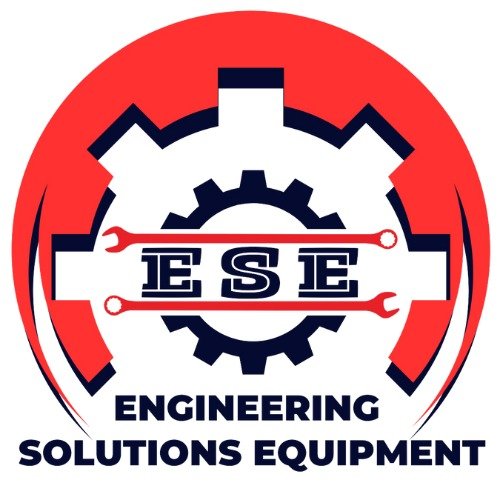
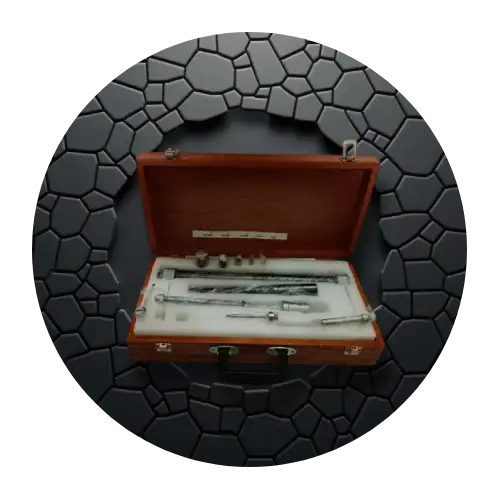
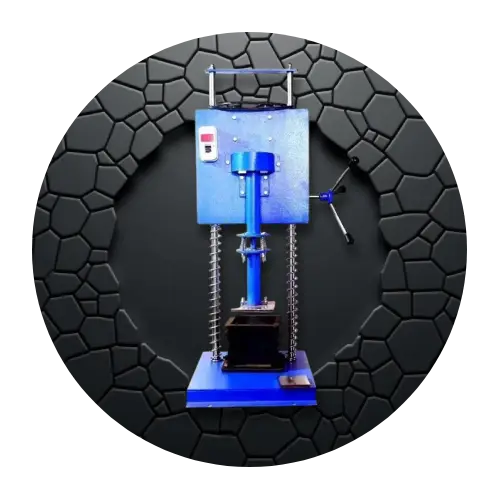
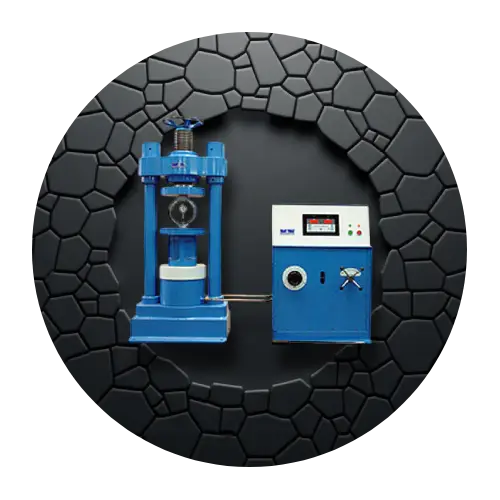
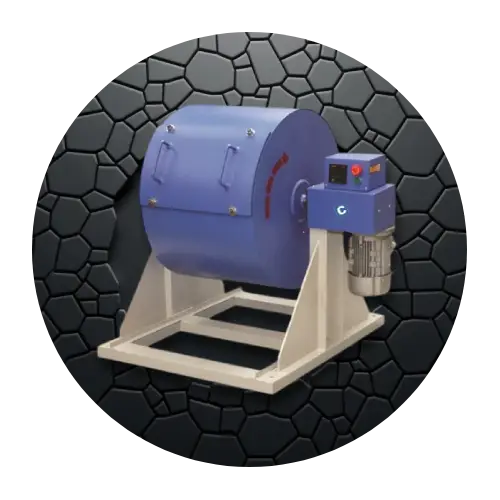
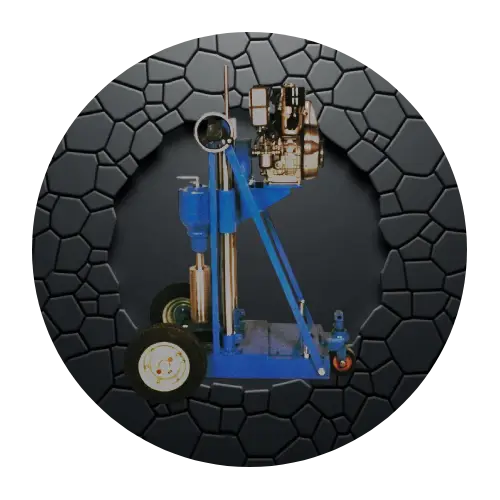
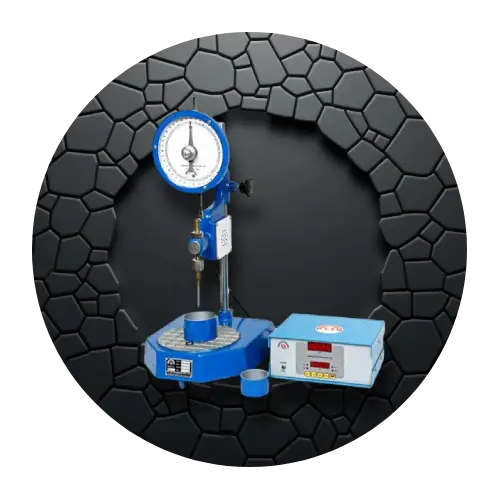
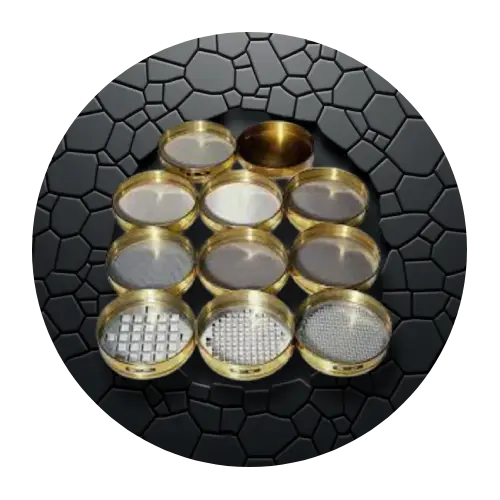


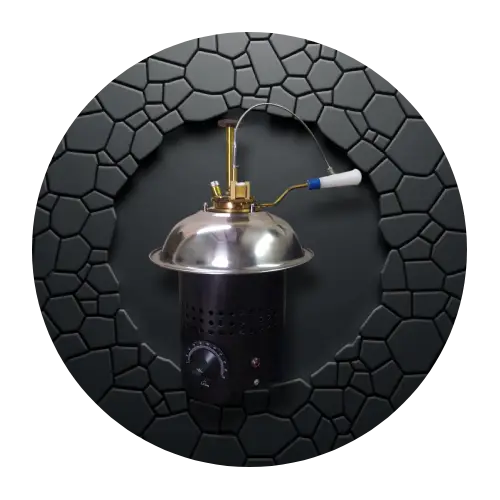
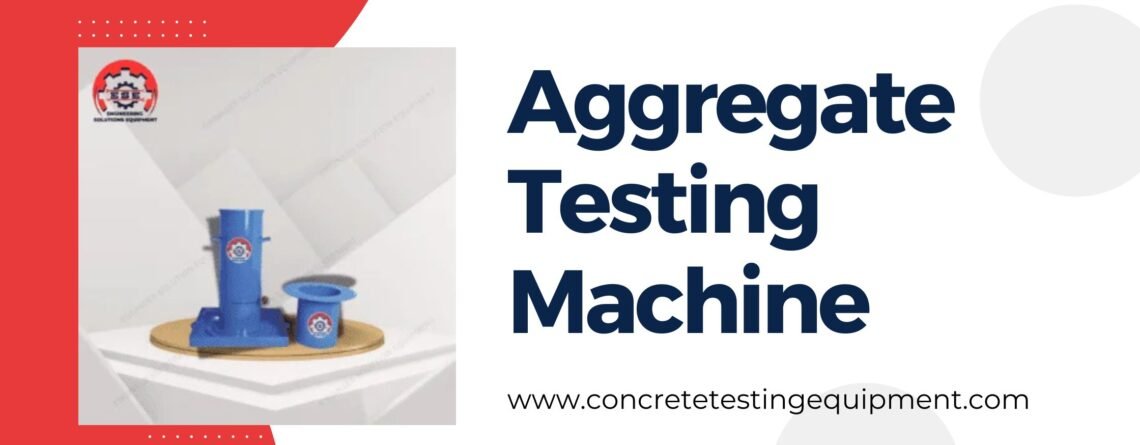
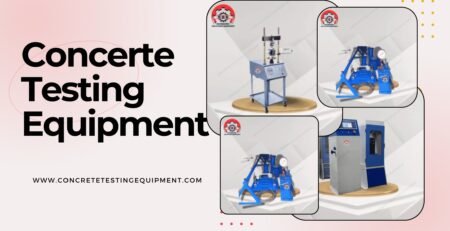

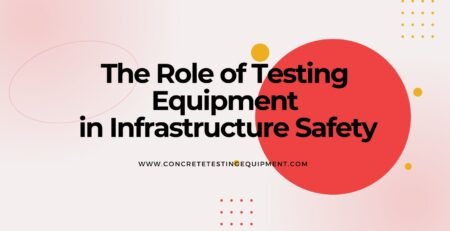

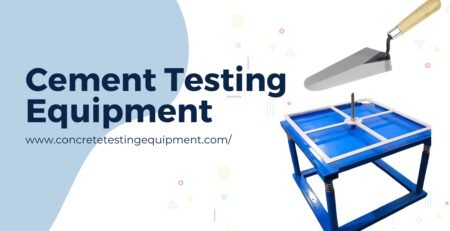

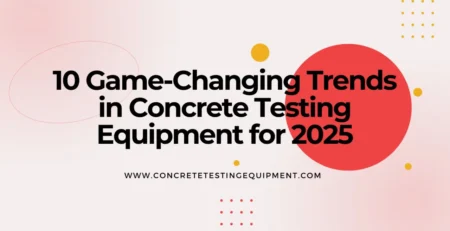
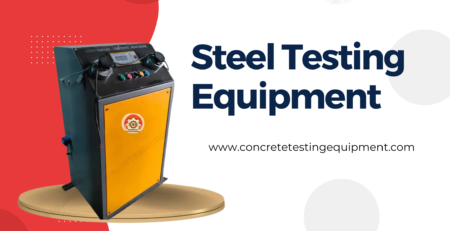
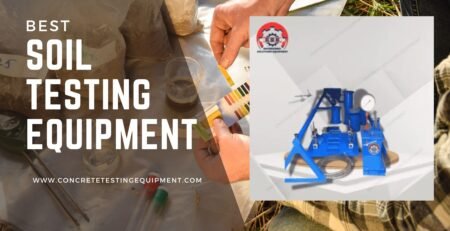

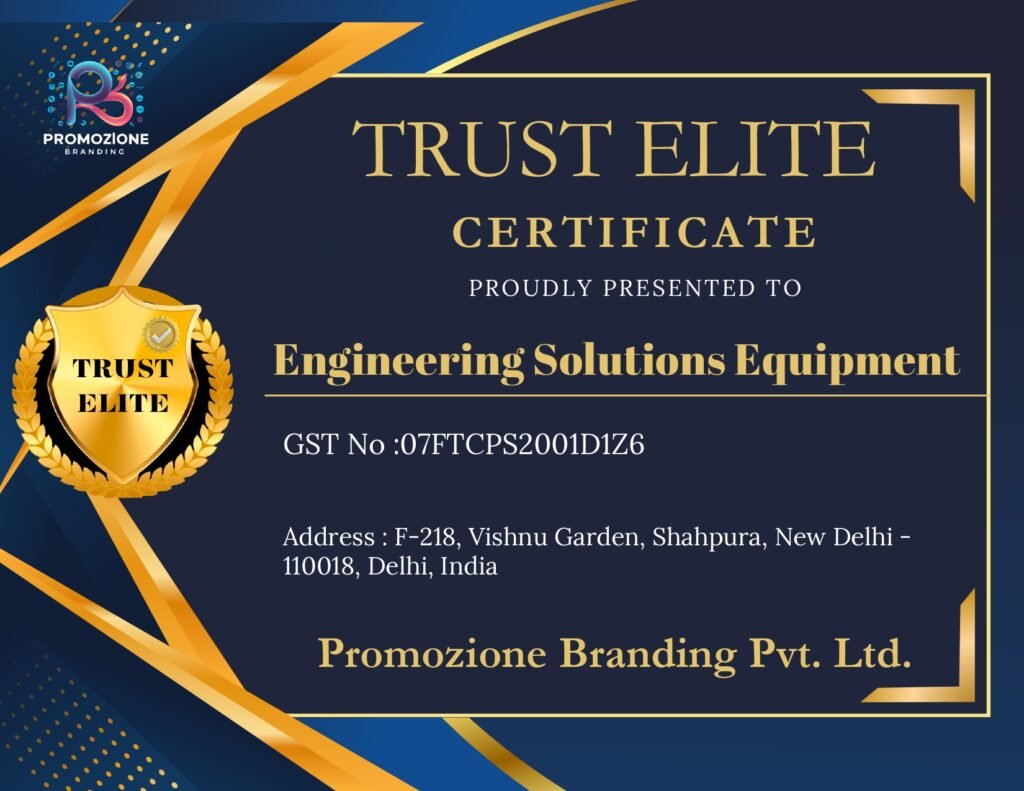
Leave a Reply